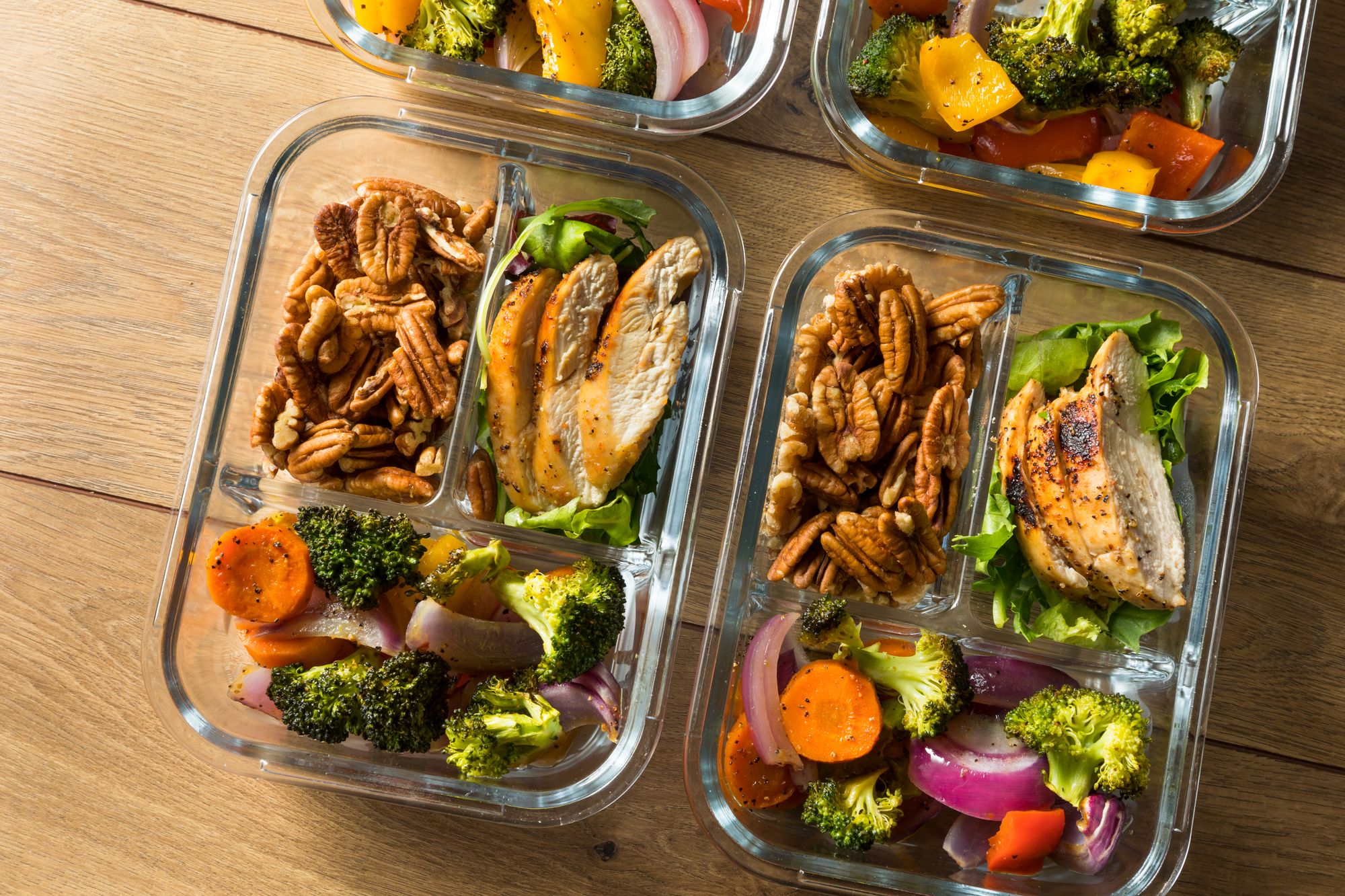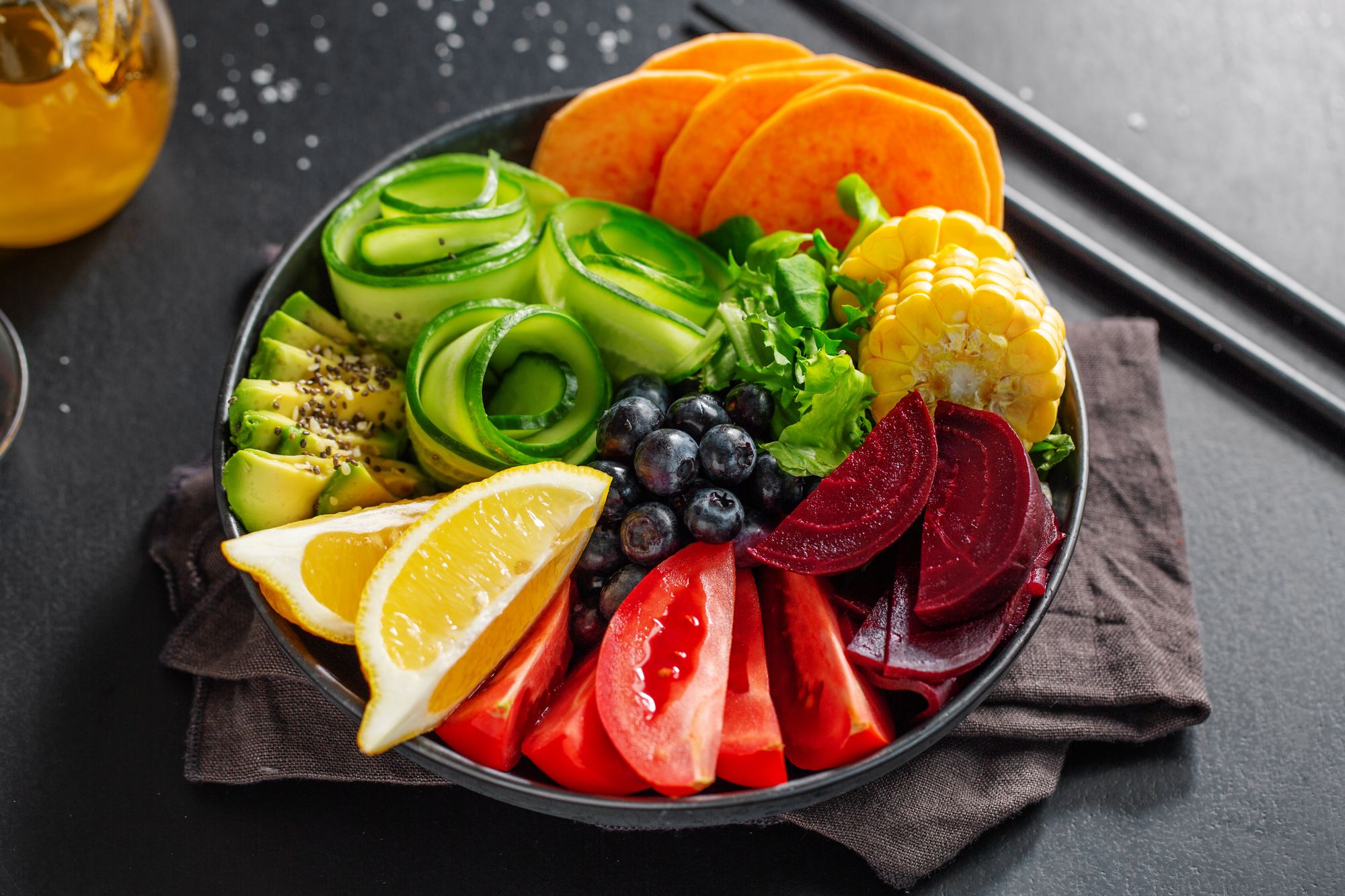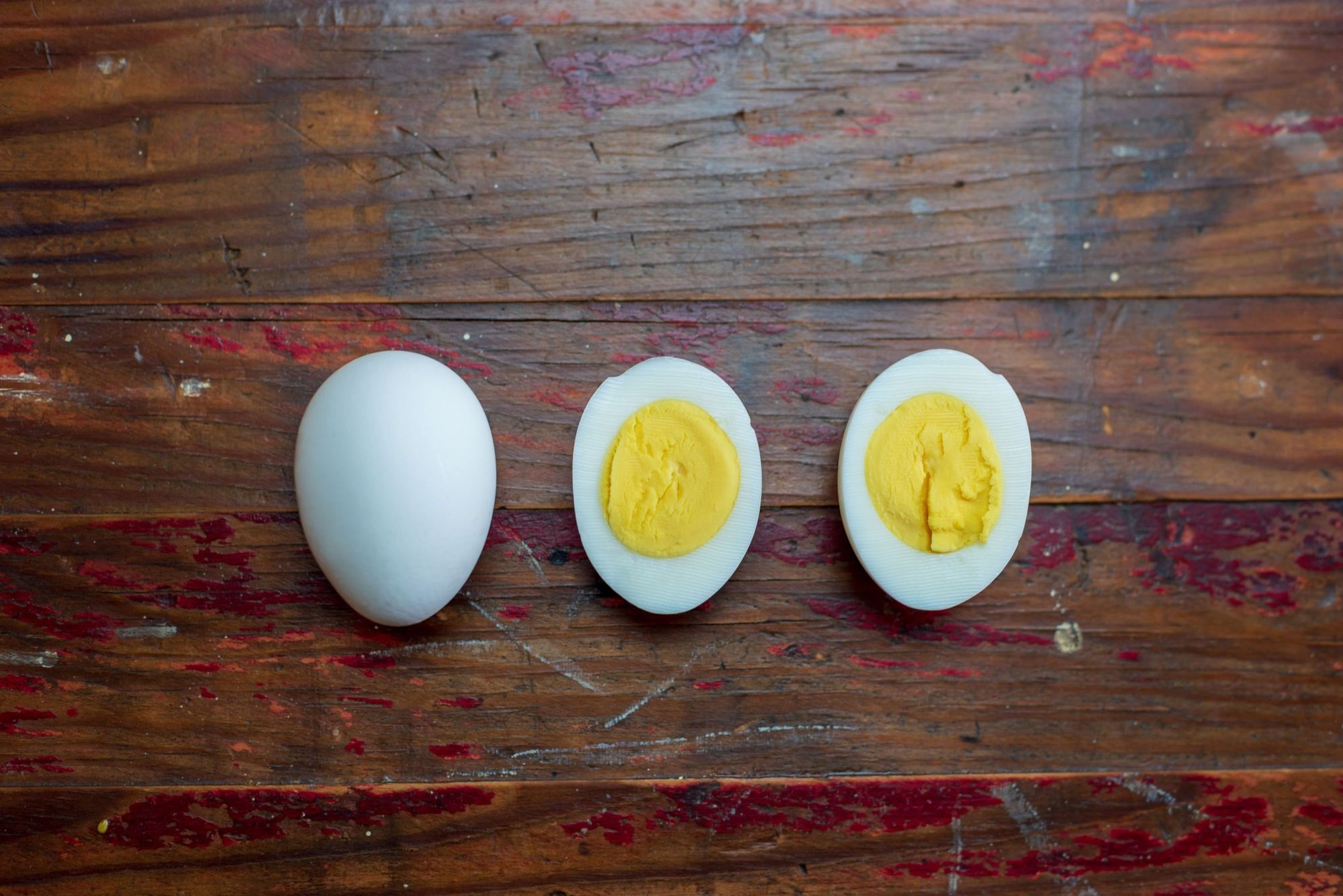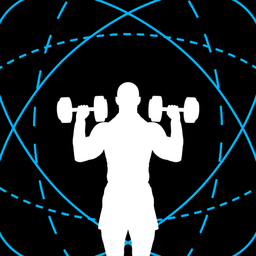How To Put on Muscle Fast (5 Science-based And Safe Techniques)
We know what you're thinking — sTerOids! Uh, nope. This article covers how to put on muscle fast using 100% science-based and safe techniques.

Hmm, “how to put on muscle fast” — we already know what you’re thinking.
Just take a flight to Thailand, walk into any pharmacy, and ask for *mimes dramatic air quotes* protein powder over the counter, and you’re all good. Obviously, we’re using the term “protein powder” incredibly loosely here:
@zzzahki Not sure why the protein comes in such small tubs here 🤔 #proteinpowder #thailand #naturalbodybuilding #thisisajoke #tren
♬ original sound - Augustas
For sure, steroid use (yep, let’s drop all pretenses 😬) is an indisputably foolproof method for quick muscle gain. A sedentary individual on steroids may even gain more muscle than a drug-free lifter putting in the reps.
But steroids’ “stimulating” effects don’t just stop at your muscles.
They also increase the size of your organs, from the heart to the liver to the kidneys. There’s only so much they can grow before your body starts shutting down.
In most cases, unless your career success hinges on your muscle mass (e.g., professional bodybuilder, an actor playing a superhero, or a niche OnlyFans creator), steroids are just not. worth. it.
Repeat after us: not. worth. it. And with that, here’s:
How to put on muscle fast — safely
#1: Eat enough calories
You cannot be in a calorie deficit if you want to gain as much muscle mass as possible.
Proof: this 2022 meta-analysis from the Scandinavian Journal of Medicine and Science in Sports. Every single analyzed study involving a calorie deficit showed muscle loss.
Meaning? If you aren’t already, get into a calorie surplus.
How many calories you push beyond your maintenance calories depends on your lifting experience:
#2: Get at least 1.6 g of protein per kg of body weight
A good portion of those calories should come from the building blocks of your muscles: protein.
How much? Research suggests at least 1.6 grams of protein per kilogram of body weight. There’s some evidence that pushing that to 3.3 g/kg of protein could help skew your weight gain toward muscle instead of fat gain — but come on.
3.3 g/kg of protein?! If you weigh 65 kg, that’s 214.5 grams of protein daily. Or:
And don’t get us started on quantifying plant-based protein sources (notoriously known for their relatively lower protein content compared to animal sources).
So, for practicality and enjoyment, focus on hitting 1.6 g/kg of protein.
If you’re able to exceed that, good. But if you’re not, don’t worry. You’re probably not missing out on a whole lotta’ gains.
👂 What’s that? You need help getting your protein in? Here:



#3: Ready, set, streeeeeetch
Eat right — tick. Now, you need to train right.
By that, we mean picking exercises that’ll place the most tension on your target muscles when they’re in the stretched position. To share very briefly, researchers have now found that lengthened partials result in better hypertrophy outcomes than full range of motion (ROM) training.
Was that too skimpy on the details for you? If it was, read this article:

A disclaimer: this doesn’t mean you should replace all exercises in your training plan with “stretch exercises”.
It’s generally still wise to double down on more “bang-for-your-buck” exercises, be intentional about achieving a deep and nice stretch with those, and then sprinkle specific “stretch exercises” here and there.
More specifically, let’s say you want bigger quads. Your:
#4: Supplements
The next thing you want to look into would be supplements.
TBH, safe, science-based workout supplements are few and far between, with the only 2 that have consistently shown ergogenic (i.e., performance-enhancing) benefits being:
Somewhat ironically (and, frankly, sadly), the 2 ‘C’s don’t seem to play well with each other.
Find out why and how that impacts your supplementation strategy here:

#5: Adopt healthy lifestyle practices
As a quick summary, here’s what we’ve covered so far on how to put on muscle fast:
- Shovel enough calories into your mouth
- Eat at least 1.6 grams of protein per kilogram of body weight
- Sprinkle some of those stretch-focused exercises into your training plan
- Top all that up with performance-enhancing supplements
What else?
Well, the cherry on top of all that would be speeding up your recovery between sessions by getting at least 7-9 hours of good-quality sleep nightly and managing your stress levels.
Want to put on muscle fast? Then put in the work
If you’re thinking, “Wow, that sounds like a lot of work,” it is.
Nobody said putting on muscle would be easy. But if you put in the work and stick with it (in a safe, healthy, and sustainable way — i.e., no steroids, please), you’ll see that it’s more than worth it when you see a completely different body in the mirror.
And if you’d like an overhaul of your existing training + nutrition plans and/or would simply like more accountability for your fitness progress, check out GymStreak:
Workout Programming + Nutrition Tracking, Off Your Hands
*sigh of relief* We'll guide you through it all — step-by-step. Just download the app, and you'll be making progress toward your dream body like never before.
References
Abad-Santos, Alex. “One Dirty Trick for Huge Muscles Fast.” Vox, 5 Nov. 2021, https://www.vox.com/the-goods/22760163/steroids-hgh-hollywood-actors-peds-performance-enhancing-drugs.
Antonio, Jose, et al. “A High Protein Diet (3.4 g/Kg/d) Combined with a Heavy Resistance Training Program Improves Body Composition in Healthy Trained Men and Women--a Follow-up Investigation.” Journal of the International Society of Sports Nutrition, vol. 12, 2015, p. 39. PubMed, https://doi.org/10.1186/s12970-015-0100-0.
FoodData Central. https://fdc.nal.usda.gov/fdc-app.html#/food-details/577591/nutrients. Accessed 17 Apr. 2024.
---. https://fdc.nal.usda.gov/fdc-app.html#/food-details/171986/nutrients. Accessed 17 Apr. 2024.
---. https://fdc.nal.usda.gov/fdc-app.html#/food-details/168249/nutrients. Accessed 17 Apr. 2024.
Helms, Eric R., et al. “Effect of Small and Large Energy Surpluses on Strength, Muscle, and Skinfold Thickness in Resistance-Trained Individuals: A Parallel Groups Design.” Sports Medicine - Open, vol. 9, no. 1, Nov. 2023, p. 102. PubMed, https://doi.org/10.1186/s40798-023-00651-y.
Leaf, Alex, and Jose Antonio. “The Effects of Overfeeding on Body Composition: The Role of Macronutrient Composition - A Narrative Review.” International Journal of Exercise Science, vol. 10, no. 8, 2017, pp. 1275–96.
Martins, Gabriel Loureiro, et al. “Caffeine and Exercise Performance: Possible Directions for Definitive Findings.” Frontiers in Sports and Active Living, vol. 2, Dec. 2020, p. 574854. PubMed Central, https://doi.org/10.3389/fspor.2020.574854.
Murphy, Chaise, and Karsten Koehler. “Energy Deficiency Impairs Resistance Training Gains in Lean Mass but Not Strength: A Meta-Analysis and Meta-Regression.” Scandinavian Journal of Medicine & Science in Sports, vol. 32, no. 1, Jan. 2022, pp. 125–37. PubMed, https://doi.org/10.1111/sms.14075.
Rozenek, R., et al. “Effects of High-Calorie Supplements on Body Composition and Muscular Strength Following Resistance Training.” The Journal of Sports Medicine and Physical Fitness, vol. 42, no. 3, Sept. 2002, pp. 340–47.
Samaha, Ali A., et al. “Multi-Organ Damage Induced by Anabolic Steroid Supplements: A Case Report and Literature Review.” Journal of Medical Case Reports, vol. 2, Oct. 2008, p. 340. PubMed Central, https://doi.org/10.1186/1752-1947-2-340.
Unai, Shinya, et al. “Caution for Anabolic Androgenic Steroid Use: A Case Report of Multiple Organ Dysfunction Syndrome.” Respiratory Care, vol. 58, no. 12, Dec. 2013, pp. e159-163. PubMed, https://doi.org/10.4187/respcare.02338.
Weight Gain Calculator. https://www.omnicalculator.com/health/weight-gain. Accessed 17 Apr. 2024.


